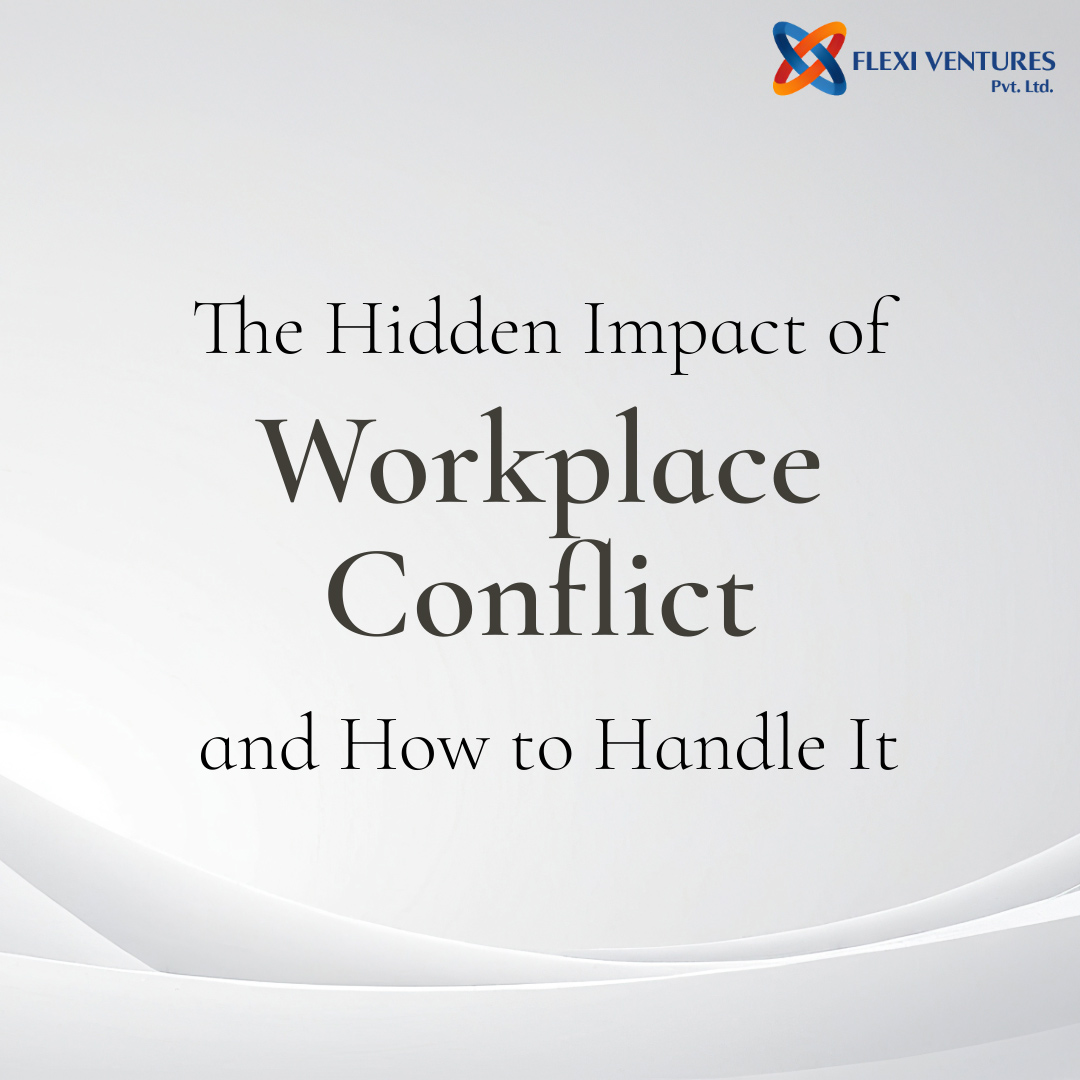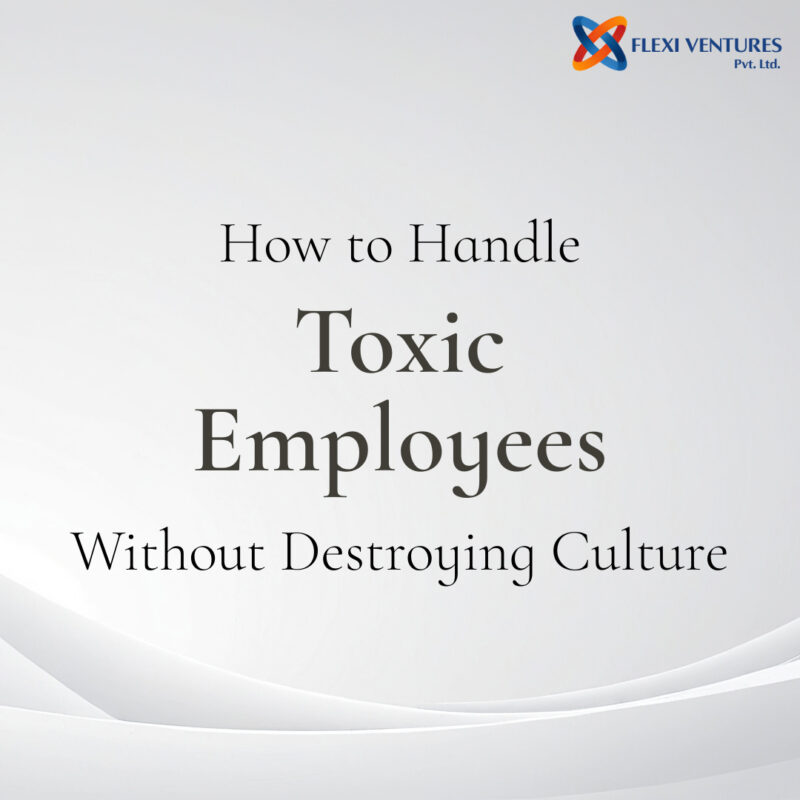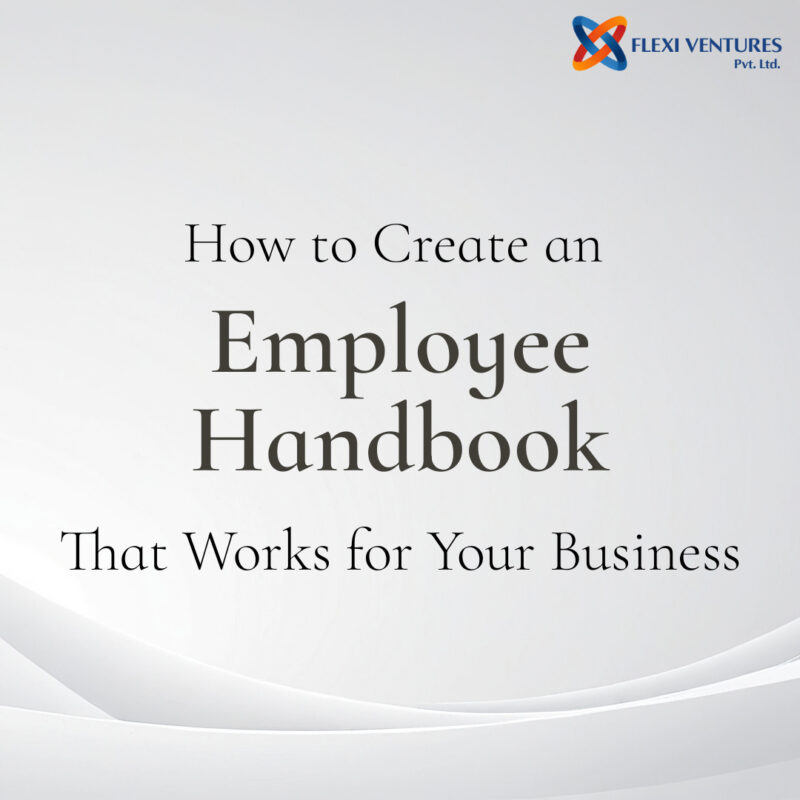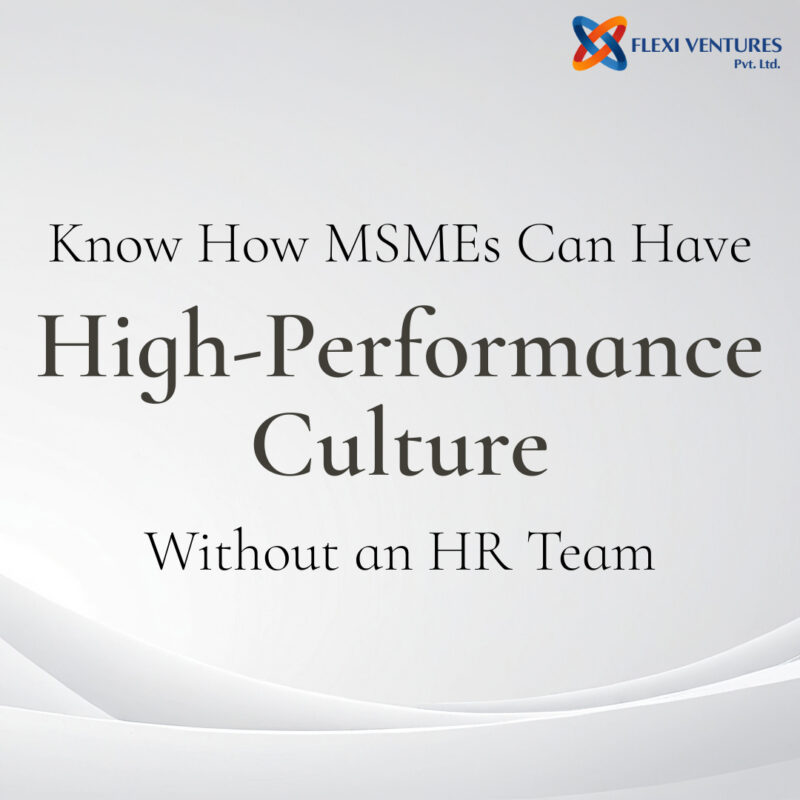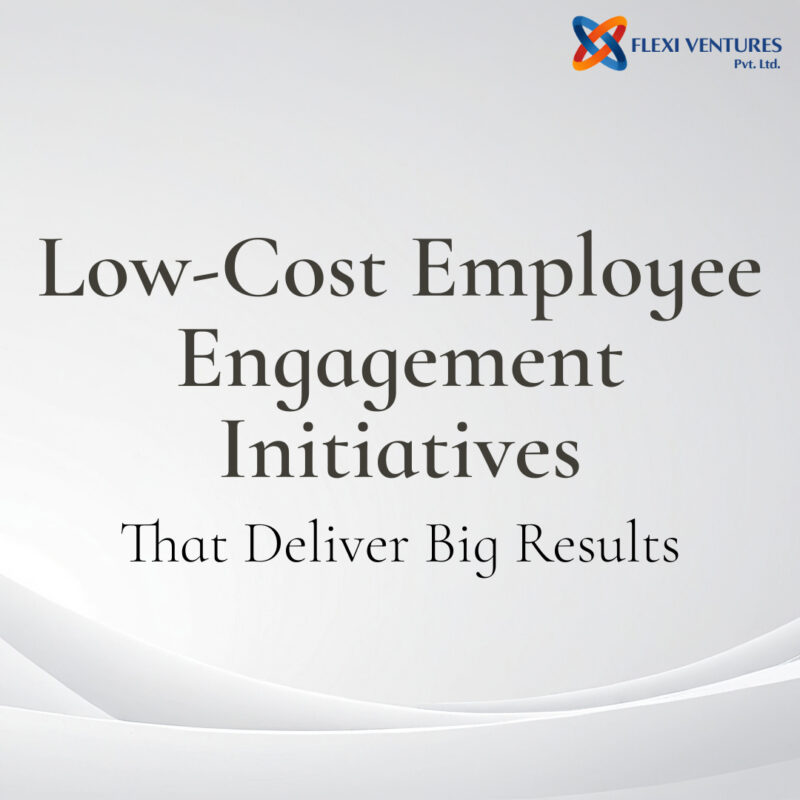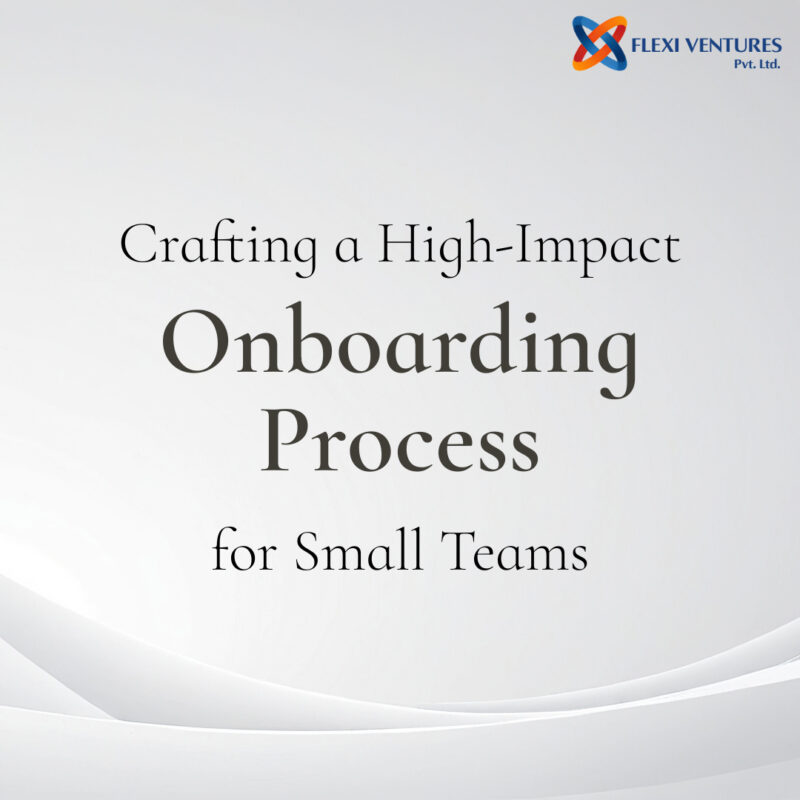HR professionals are key in resolving workplace conflicts and shaping employee experiences and company culture. Whether working alone or leading a team, having clear strategies helps address disputes quickly and effectively.
This guide covers essential conflict resolution techniques while promoting open communication, teamwork, and understanding. Strong conflict management skills create a workplace where employees feel heard, valued, and confident that issues will be handled fairly.
Conflict V/S Disagreement?
Workplace conflict arises when employees experience tension or disagreements that hinder teamwork, collaboration, and productivity. While managers may address minor disputes, HR professionals are often better equipped to mediate and resolve conflicts effectively. It is important to distinguish between conflict and disagreement. Disagreements are a normal part of the workplace, typically stemming from differing opinions, and they usually encourage discussion and collaboration without requiring intervention. However, conflict extends beyond professional differences, often involving personal attacks, passive-aggressive behavior, or lingering resentment. Even avoidance or silence can signal an underlying issue that requires HR involvement. To determine whether a situation is a disagreement or a conflict, consider whether it negatively impacts morale, creates stress within the team, or involves personal issues rather than professional differences. If a dispute escalates beyond a constructive discussion, HR should implement conflict resolution strategies to restore a healthy and productive work environment.
Common Types of Workplace Conflicts
Workplace conflicts arise for various reasons, many beyond HR’s direct control. According to the University of Maryland Eastern Shore, five primary causes of workplace conflict include:
- Interdependence Conflicts – When employees rely on one another to complete tasks, differing work styles or delays can lead to friction.
- Differences in Style — People have unique approaches to work, and mismatched communication or decision-making styles can lead to misunderstandings.
- Differences in Background/Gender – Cultural backgrounds, gender perspectives, and personal experiences shape how employees interact, sometimes leading to misinterpretation or tension.
- Differences in Leadership – Conflicts may arise when employees struggle to adapt to varying leadership styles or expectations.
- Personality Clashes – Differences in temperament, attitudes, or work habits can result in ongoing tension between employees.
Other factors contributing to workplace conflict include:
- Competition for resources or budget allocations
- Differences in experience, whether job-related or generational
- Personal beliefs, such as religious or political views
- Misinterpretation of company policies or poor communication
- Assumptions about others’ behavior or intent
While many workplace conflicts can be resolved through better communication and compromise, some escalate and require HR intervention. Recognizing when to intervene is essential for maintaining a productive and positive work environment.
HR’s Role in the Workplace Conflict Resolution
HR plays a critical role in managing workplace conflicts by embedding conflict resolution into company culture and policies. Instead of simply mediating disputes, HR empowers managers with effective conflict resolution skills and steps in as a neutral party when conflicts involve power dynamics, such as between a manager and a direct report. For serious issues like harassment, bullying, or threats, immediate HR intervention is essential to protect employees and maintain a positive work environment.
To prevent conflicts, HR should establish a clear code of conduct in the employee handbook that outlines expectations for communication, anti-discrimination, office behavior, and dress code. This proactive approach guides behavior and sets a standard of fairness and transparency across the organization. By fostering open communication and addressing issues before they escalate, HR can help create a workplace where disputes are managed constructively, ensuring a more positive and productive environment for everyone.
How to Build a Conflict-Free Workplace
While it’s nearly impossible to eliminate conflict, you can create an environment that minimizes it by promoting openness, tact, and trust. Equipping your team with effective conflict resolution skills empowers everyone to contribute to a positive, collaborative culture.
One of the best ways to prevent issues from escalating is to foster a culture of open communication. This resilient culture should be a shared responsibility among everyone—from top leadership to new hires. Although building such a culture might seem daunting, HR can lead the charge by supporting managers and encouraging transparent interactions.
Here are a few practical tips to cultivate a culture of openness:
- Gather Honest Feedback: Regularly ask employees for their insights on how the organization is performing, how they feel at work, and how well their managers are doing. Take this feedback seriously and act on it.
- Encourage Transparent Leadership: Ensure that leadership communicates openly about the company’s performance, plans, and any initiatives that might impact staff—whether the news is good or bad.
- Revamp Performance Reviews: Evaluate your review process to ensure that it occurs frequently enough to catch issues early and that it focuses on developing employee strengths.
- Improve Onboarding: Work with leadership and managers to incorporate transparency into your onboarding process and prioritize communication skills during interviews.
- Integrate Values Training: To set expectations from day one, include training on your company’s values and culture during onboarding.
By embracing these practices, you can build a more open and communicative workplace where conflict is less likely to escalate and everyone feels more connected and valued.
For more information on HR consulting or support services visit our website.
Visit our Website – www.flexiventures.in
Call – 8080100001

